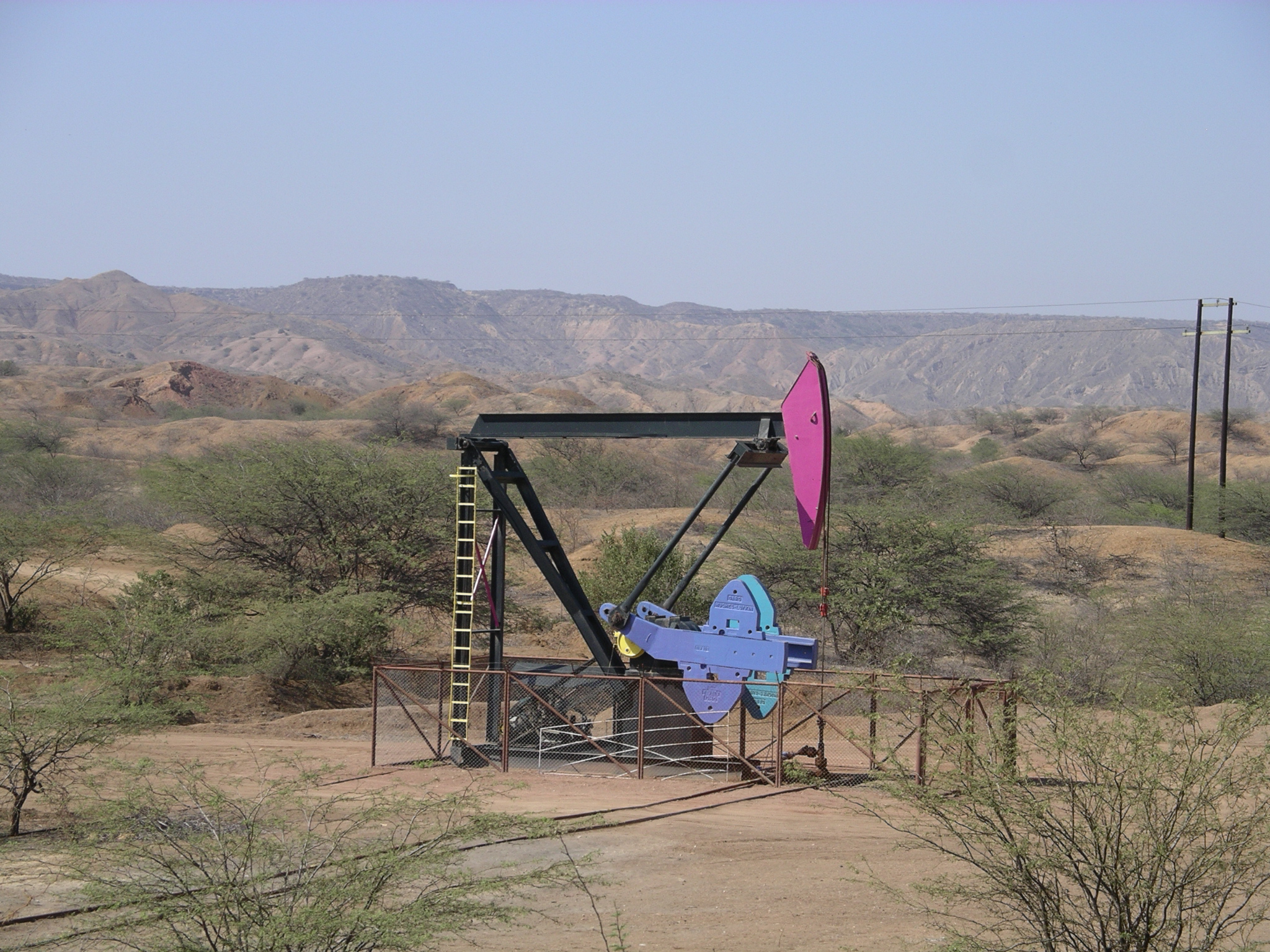Guest Columns
Five Questions to Ensure a Real Presidential Debate on Energy Policy

America’s energy future is at a crossroads. Our nation’s energy security and the economic security of millions of Americans is uncertain as punishing inflation and geopolitical threats continue to rise.
The debate offers an opportunity to hear energy policies
Thursday night’s debate between President Joe Biden and former President Donald Trump is an opportunity for voters to hear directly from both candidates on their vision for America’s energy future.
In particular, the American people want answers from both candidates on how they will deliver relief from the never-ending cycle of inflation and ensure a reliable supply of energy for future generations.
Commonsense energy policy is a fundamental part of our nation’s continued economic prosperity.
Here are five simple, to-the-point questions CNN’s moderators should consider asking both candidates:
Sustained leadership, production
- What can government do to sustain U.S. energy leadership?
- Context: Access to resources, building infrastructure and supplying allies are major steps in the right direction. Washington also can help create a clear vision for America’s energy future through sensible tax policy, as described in the American Petroleum Institute’s Five-Point Policy Roadmap. U.S. tax policy must be competitive with those of other nations, to help foster investment in American industries that are vital to a strong economy. This will help sustain jobs, economic growth and tax revenues that support states and communities.
- What is your plan to produce more American oil and natural gas?
- Context: Timely, considering the administration’s call for more production. Yet, oil and natural gas cannot be flipped on and off like a light switch – like when summer driving season arrives in an election year. Increasing production requires careful planning and supportive policies, not just reactionary measures. API’s Policy Roadmap calls for more robust federal leasing to develop resources on public lands and waters, laying the foundation for long-term energy production.
Restrictions on freedom of vehicle choice
- Can America’s allies count on U.S. energy leadership?
- Context: The U.S. is the world leader in oil and natural gas production, and American liquefied natural gas (LNG) has been vital for Europe, especially after Russia’s invasion of Ukraine. However, the recent pause on LNG permits raises doubts about U.S. reliability. As API’s Policy Roadmap states, lifting this pause would reaffirm America’s commitment to its allies and enhance its geopolitical and economic strength.
- Why is Washington restricting Americans’ freedom in vehicle choice?
- Context: New fuel-economy standards and EPA emissions rules are pushing automakers towards producing more electric vehicles (EVs), effectively limiting consumer freedoms. While EVs are important for reducing emissions, they may not suit everyone’s needs or budget. Recent polling found 75% of U.S. voters do not want Washington using regulation to ban new gasoline, diesel and hybrid vehicles. Regulating to set the marketplace intrudes on Americans’ freedom and wastes opportunities to reduce emissions within the existing vehicle fleet. API’s Policy Roadmap calls for protecting consumer freedom and exploring flexible emissions reduction strategies.
- What will you do to ensure federal infrastructure permitting gets fixed?
- Context: Under the current permitting system, it takes longer to get a college degree than to obtain a permit for an energy project. Democrats and Republicans have called for reforms, but progress has been limited. API’s Policy Roadmap emphasizes the need for a transparent, predictable, and efficient permitting process to unlock billions in investment and create jobs.
A serious energy policy discussion
American voters deserve a serious policy discussion focused on ensuring access to affordable, reliable energy. They’re not getting that now from many in Washington. Let’s hope that changes Thursday night.
This article was originally published by RealClearEnergy and made available via RealClearWire.
Amanda Eversole is executive vice president and chief advocacy officer at the American Petroleum Institute in Washington, DC.
-

 Civilization3 days ago
Civilization3 days agoWhy Europe Shouldn’t Be Upset at Trump’s Venezuelan Actions
-

 Executive4 days ago
Executive4 days agoHow Relaxed COVID-Era Rules Fueled Minnesota’s Biggest Scam
-

 Christianity Today3 days ago
Christianity Today3 days agoSurprising Revival: Gen Z Men & Highly Educated Lead Return to Religion
-

 Civilization4 days ago
Civilization4 days agoThe End of Purple States and Competitive Districts
-

 Executive4 days ago
Executive4 days agoWaste of the Day: Can You Hear Me Now?
-

 Executive5 days ago
Executive5 days agoWaste of the Day: States Spent Welfare in “Crazy Ways”
-

 Civilization1 day ago
Civilization1 day agoWhy Europe’s Institutional Status Quo is Now a Security Risk
-

 Civilization2 days ago
Civilization2 days agoDeporting Censorship: US Targets UK Government Ally Over Free Speech










